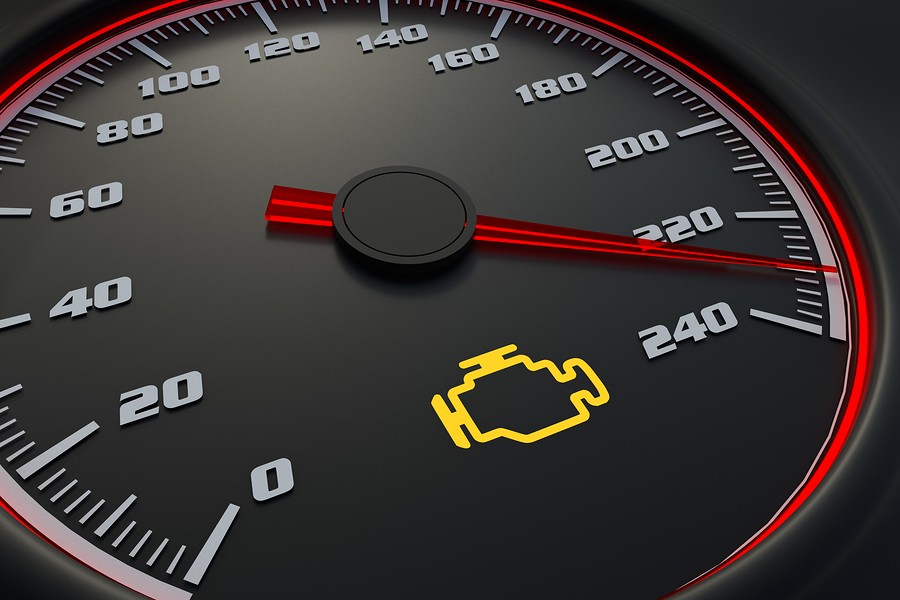To effectively fix a P0420 code, start by checking for exhaust leaks and assessing the catalytic converter's condition. Use a catalytic converter cleaner as a first step. If issues persist, consider professional assessment for potential replacement of parts like the O2 sensor or the converter itself.
1. Understanding the P0420 Code
The P0420 code indicates lower efficiency in your vehicle's catalytic converter, primarily affecting the exhaust or fuel system.
1.1. The Role of the Catalytic Converter
-
- The catalytic converter is crucial in reducing vehicle emissions.
- It converts harmful gases into less toxic substances.
- A malfunctioning converter leads to increased emissions and the P0420 code.
1.2. Symptoms of a Faulty Converter
-
- Decreased engine performance and fuel efficiency.
- Unusual noises or odors from the exhaust system.
- Persistent illumination of the check engine light.
1.3. Importance of Timely Action
-
- Ignoring the P0420 code can lead to more serious engine problems.
- Early detection and repair can save costs and prevent further damage.
- Regular maintenance helps in early identification of potential issues.
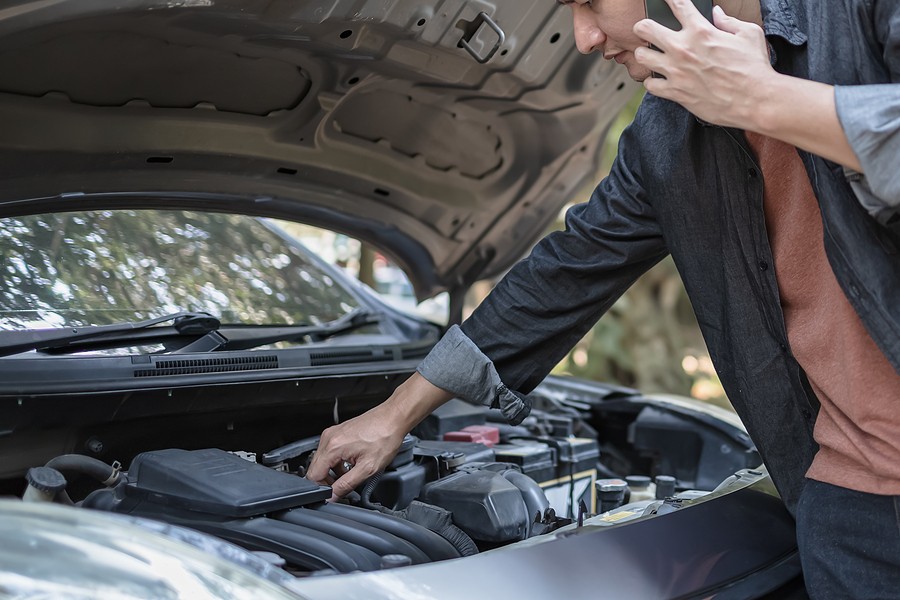
2. Diagnosing and Addressing Common Causes
Addressing the P0420 code involves diagnosing common causes like exhaust leaks or sensor issues.
2.1. Checking for Exhaust Leakages
-
- Inspect the exhaust system for signs of damage or leaks.
- Listen for unusual sounds that indicate a leak.
- Repairing leaks early can prevent the P0420 code from triggering.
2.2. Sensor Assessment and Repair
-
- The O2 sensor plays a critical role in catalytic converter efficiency.
- Faulty sensors can falsely trigger the P0420 code.
- Replacing or repairing O2 sensors can sometimes resolve the issue.
2.3. Catalytic Converter Health
-
- Regularly check the converter for physical damage or clogging.
- Use catalytic converter cleaners to maintain its efficiency.
- In cases of severe damage, consider a professional replacement.
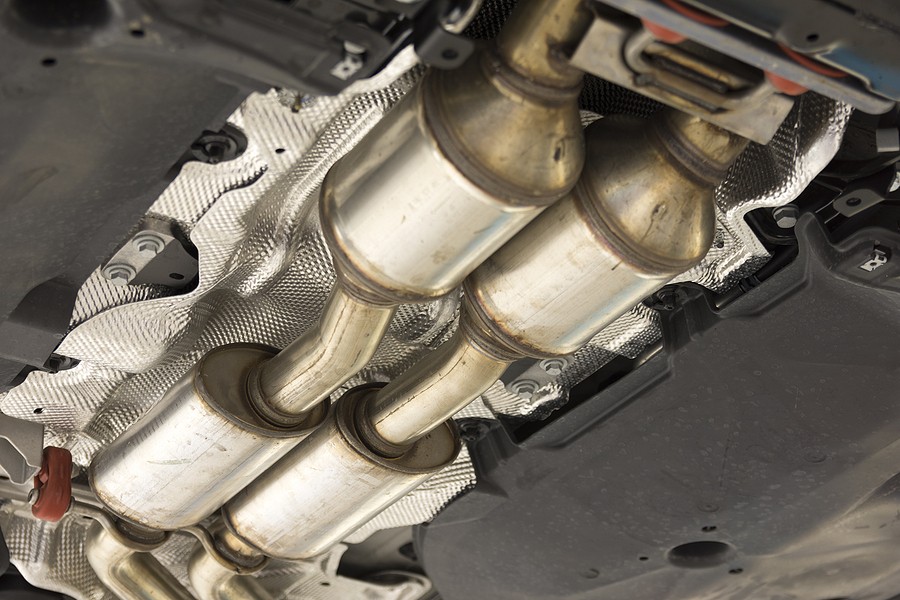
3. Cost-Effective Solutions and Preventative Measures
Implementing cost-effective solutions and preventative measures can keep the P0420 code at bay.
3.1. DIY Fixes and When to Use Them
-
- Simple fixes like using converter cleaners can be done at home.
- DIY welding can be a temporary solution for minor exhaust issues.
- Understand when a professional's help is necessary for complex problems.
3.2. The Role of Regular Maintenance
-
- Regular servicing helps in early detection of potential P0420 triggers.
- Maintain a schedule for checking exhaust and fuel systems.
- Timely maintenance can prevent expensive repairs in the future.
3.3. Professional Assistance and Expert Opinion
-
- Seek professional help when DIY methods don't resolve the issue.
- Experts can provide a comprehensive diagnosis and efficient solutions.
- Investing in professional repair ensures a long-term fix and safety.
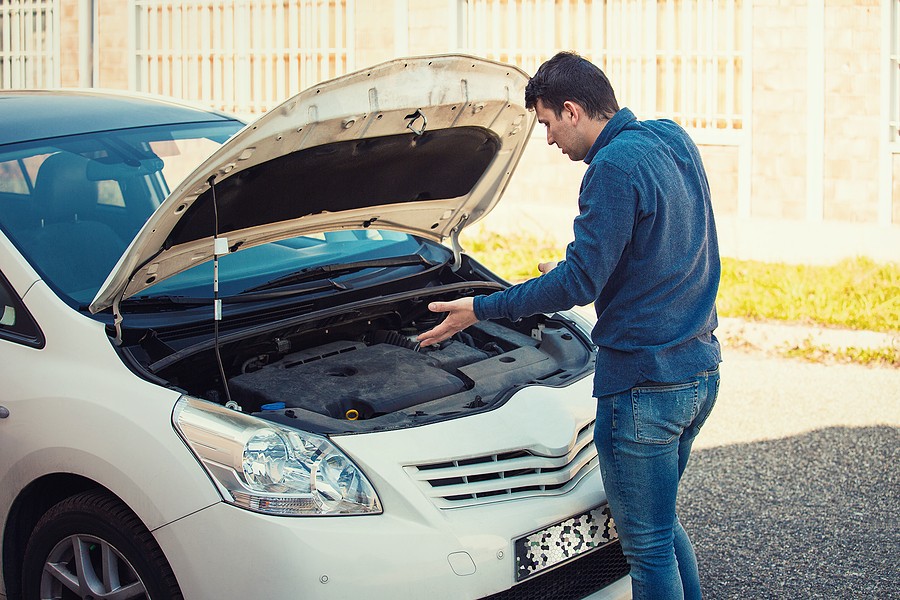
Conclusion: Ensuring Long-Term Vehicle Health
Addressing the P0420 code promptly and effectively is crucial for your vehicle's long-term health. Regular maintenance, coupled with timely professional intervention, can ensure that your vehicle remains efficient, environmentally friendly, and cost-effective in the long run.

FAQs
What exactly does the P0420 code mean?
It indicates that the catalytic converter is not operating as efficiently as it should.
Is it urgent to fix a P0420 code?
While not an immediate threat, it should be addressed soon to avoid further damage.
Can a faulty O2 sensor cause a P0420 code?
Yes, a malfunctioning O2 sensor can trigger this error code.
What are common symptoms of a P0420 code?
Reduced fuel efficiency, a noticeable drop in engine performance, and a check engine light.
Is it safe to drive with a P0420 code?
Short-term driving is generally okay, but it should be fixed to avoid long-term damage.
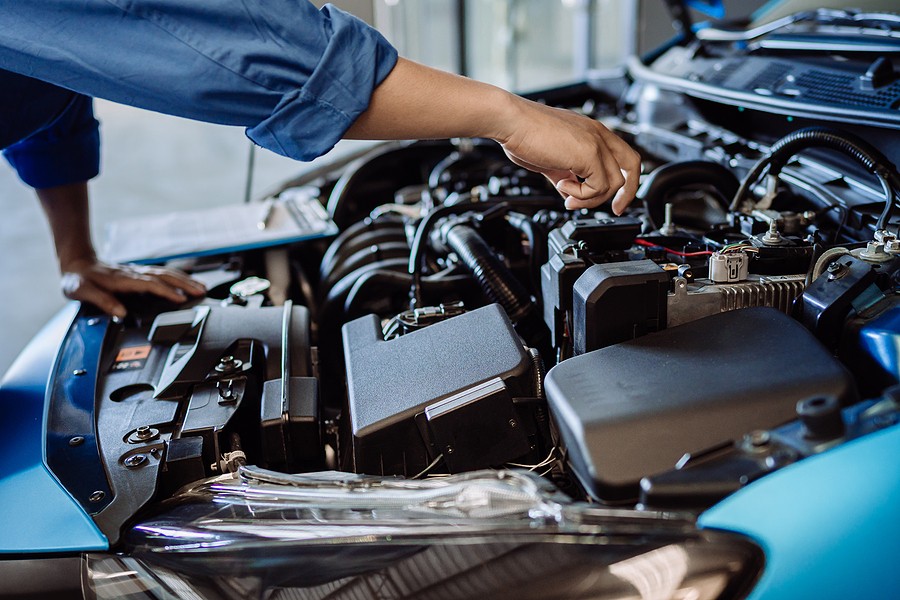
How much does it typically cost to fix a P0420 code?
Costs vary but can range from minor expenses for simple fixes to more for catalytic converter replacement.
Can I fix a P0420 code myself?
Some fixes, like using a catalytic converter cleaner, can be DIY, but others may require professional help.
What causes a catalytic converter to fail, triggering a P0420 code?
Causes include internal damage, clogging, or external factors like oil or coolant leaks.
How do I check for a catalytic converter issue?
Look for physical damage, listen for unusual sounds, or notice decreased performance.
Will a catalytic converter cleaner clear a P0420 code?
It can help if the issue is minor clogging, but it's not a guaranteed fix for all cases.
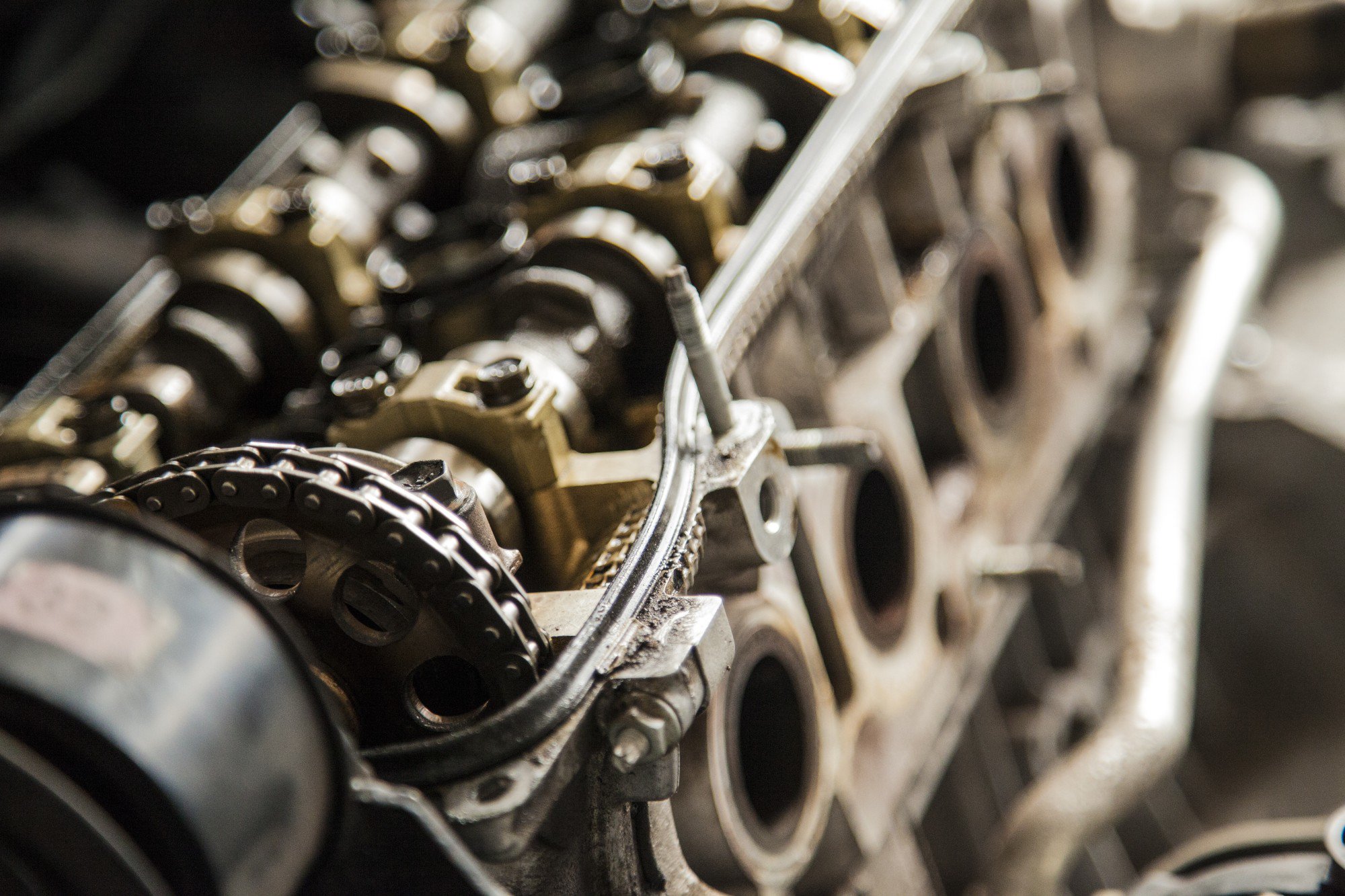
Can regular maintenance prevent a P0420 code?
Regular check-ups can identify and resolve issues before they trigger this code.
What should I do if the P0420 code comes back after a repair?
This could indicate a deeper or misdiagnosed issue, requiring further professional diagnostics.
Does a P0420 code mean I need a new catalytic converter?
Not always; it could also be due to other related components like sensors or exhaust leaks.
How does a professional diagnose a P0420 code?
Through diagnostic tools like OBD-II scanners, physical inspections, and performance tests.
Is it necessary to use premium fuel to prevent the P0420 code?
Not necessarily, but always use the fuel type recommended by your vehicle manufacturer.

